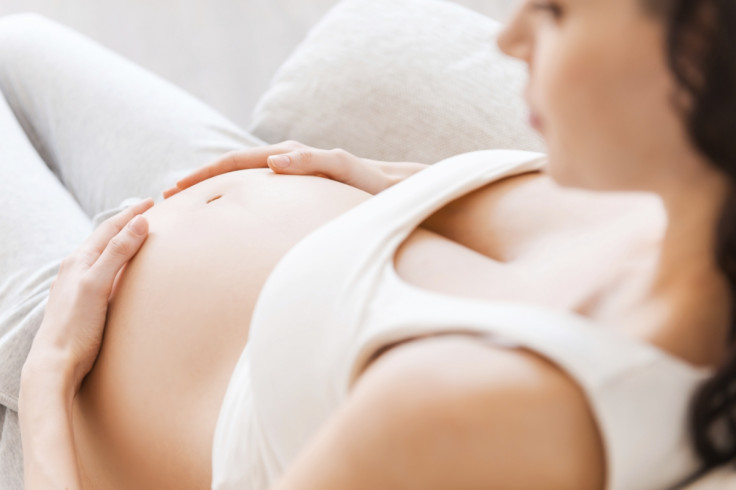Want to live past 90? Women who have children later live longer
Having two to four children was also associated with living for longer.

Women who have their first child when they are older appear to be more likely to live past the age of 90, researchers have found. In the first study to look at longevity and the age of women at childbirth, researchers discovered an association between starting a family in later life and the likelihood of living to at least 90.
The age at which women are having children has been increasing for decades. In the UK, the average age for women having their first child is now 28.5 years, and in 2014, 52% of live births were to women over the age of 30. The average age has been going up steadily since the 1970s, when it was 26.4 years.
Women are having children later for a variety of reasons, but most put the shift down to increased education, more women working, rising childcare costs and housing problems.
In a study published in the American Journal of Public Health, researchers from the University of California San Diego School of Medicine looked at information on 20,000 women, 54% of which had lived to 90 or above.
Participants had been part of a national longitudinal study of women that started in 1991. They were followed up with 21 years later.
The team looked at the age of the women when had their first child, how many children they had in total and if they lived to be 90. Findings showed that women who first gave birth when over the age of 25 were more likely to live longer. Women who had two to four children also lived longer than those who only had one.
Women who lived to 90 were more likely to have graduated from college, be married and have a higher income. They were also less likely to be obese or to have a history of chronic illness.
Aladdin Shadyab, lead author of the study, said: "We found that women who had their first child at age 25 or older were more likely to live to age 90. The findings indicate that women with two to four term pregnancies compared with a single term pregnancy were also more likely to live at least nine decades."
The team said the findings should not encourage woman to wait to have their first child because of potential complications facing older mothers. Further research would be needed to work out how childbirth and longevity might be connected.
"It is possible that surviving a pregnancy at an older age may be an indicator of good overall health, and as a result, a higher likelihood of longevity. It is also possible that women who were older when they had their first child were of a higher social and economic status, and therefore were more likely to live longer," Shadyab said.
© Copyright IBTimes 2024. All rights reserved.






